| Instead of needing three parties to cobble together a majority, the country’s two traditional main ones have the numbers (https://www.economist.com/europe/2025/02/23/friedrich-merz-wins-germanys-election-but-forming-a-coalition-will-be-hard?utm_campaign=a.io&utm_medium=audio.podcast.np&utm_source=theintelligence&utm_content=discovery.content.anonymous.tr_shownotes_na-na_article&utm_term=sa.listeners). What to expect once the talks are done? Donald Trump claims America has supported Ukraine far more than Europe has; we comb through the data (https://www.economist.com/britain/2025/02/13/parliament-is-advertising-for-a-new-black-rod?utm_campaign=a.io&utm_medium=audio.podcast.np&utm_source=theintelligence&utm_content=discovery.content.anonymous.tr_shownotes_na-na_article&utm_term=sa.listeners) that prove him wrong (10:38). And a job opening (https://www.economist.com/britain/2025/02/13/parliament-is-advertising-for-a-new-black-rod?utm_campaign=a.io&utm_medium=audio.podcast.np&utm_source=theintelligence&utm_content=discovery.content.anonymous.tr_shownotes_na-na_article&utm_term=sa.listeners) for fans of pomp, circumstance and wearing tights (19:06). Get a world of insights by subscribing to Economist Podcasts+ (https://subscribenow.economist.com/podcasts-plus). For more information about how to access Economist Podcasts+, please visit our FAQs page (https://myaccount.economist.com/s/article/What-is-Economist-Podcasts) or watch our video () explaining how to link your account. Hosted on Acast. See acast.com/privacy (https://acast.com/privacy) for more information. |
Tags: Featured,newsletter


















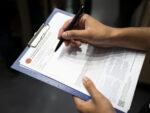

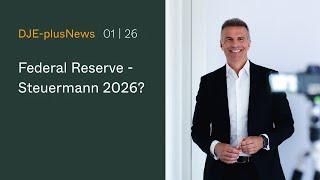
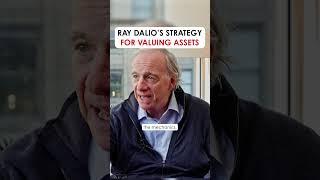





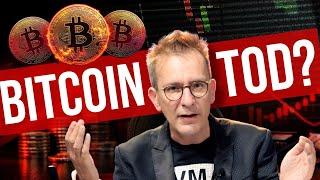










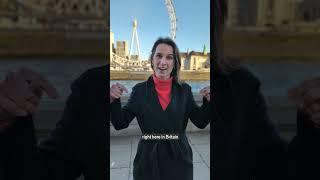

7 pings
Skip to comment form ↓